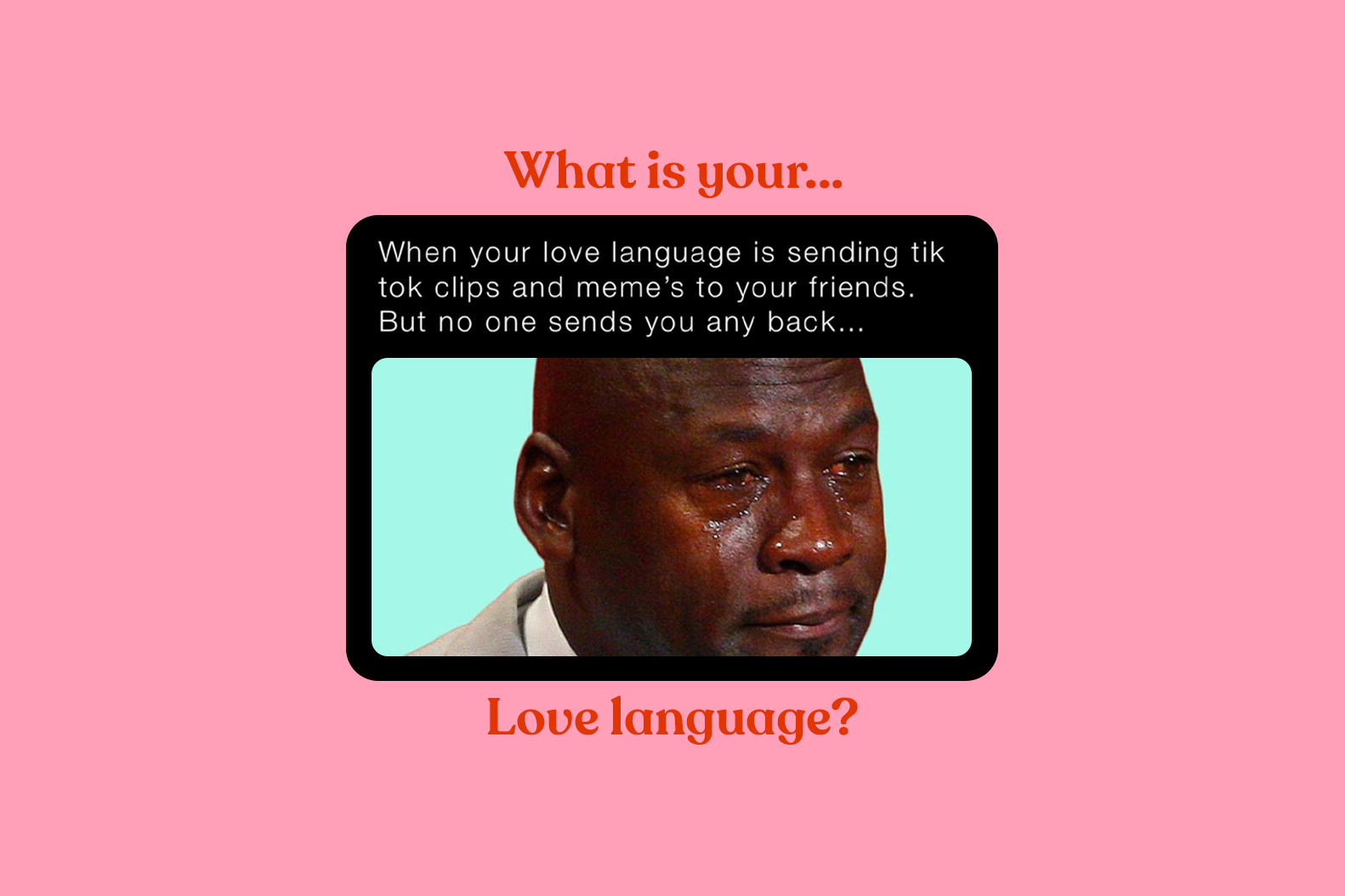“You OK for us to share this?” I asked nervously.
“Yea, no worries,” shrugged Cliff, “It’s been so many years. And hopefully, it’ll resonate with someone!”
Little did we expect for my Instagram (IG) post about our disaster proposal 10 years ago to receive such an overwhelming response.
Up until then, people knew us as “that online couple with the crazy love story”, but nobody knew how our proposal was, in fact, a COMPLETE DISASTER.
For years, it was a sore point in our relationship.
Our proposal was a total flop — we had no friends recording the moment, no amazing scenery, no bouquet of flowers or fairy lights.
Instead, when Cliff tried to propose, a curious onlooker at an overcrowded cafe pried in.
“Ohhh! Are you Cliff and Wai Jia?!”
It was awkward, to say the least.
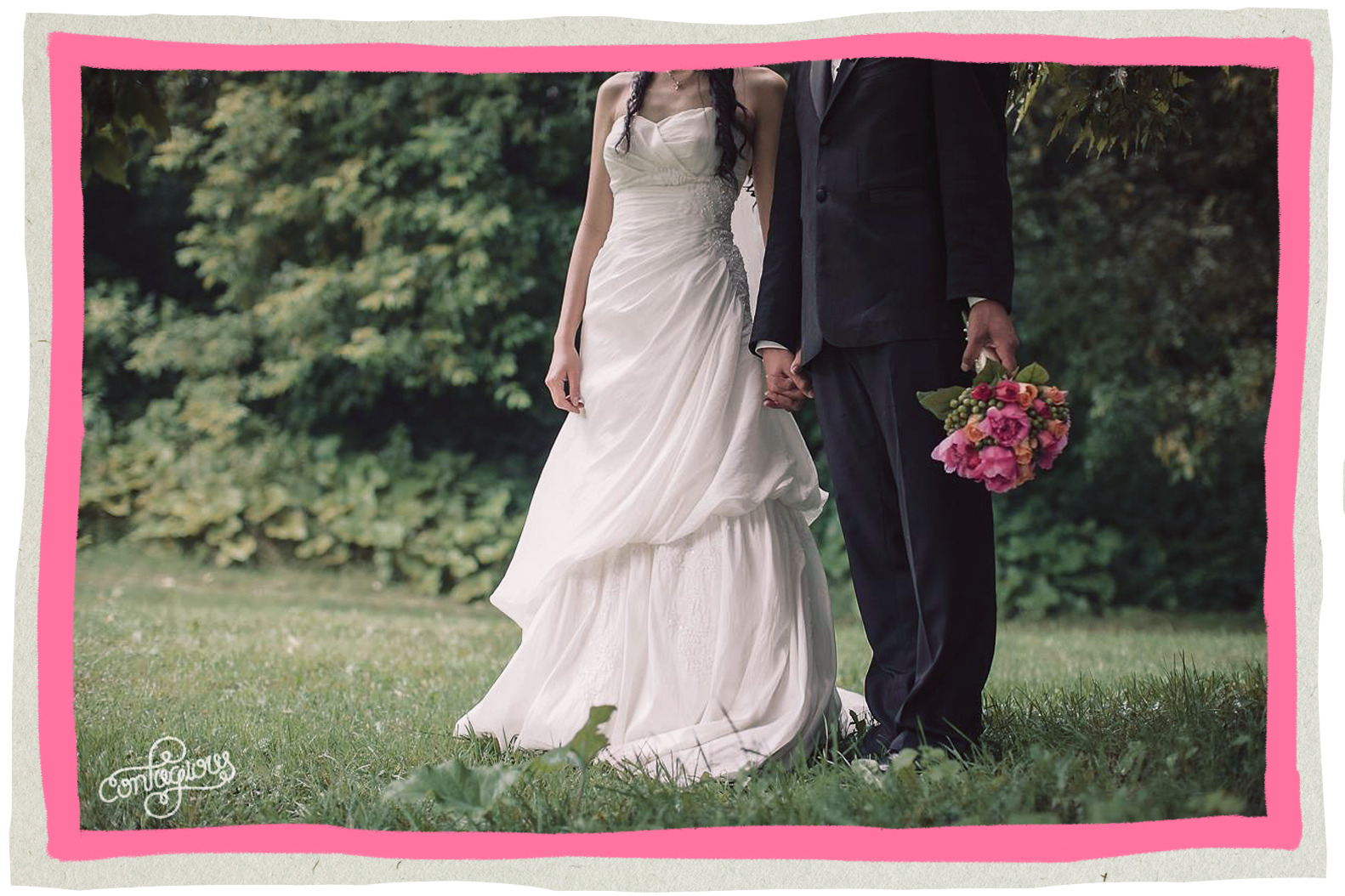
When we left the cafe, buzzing with unromantic busyness, we ended up at a playground near my home, vexed.
When the teddy bear and an old ring I had worn while single, with the word “Agape” newly engraved on it, was presented to me, Cliff thought it was wildly romantic. I thought it was pathetically cheap.
I exploded in tears. Cliff was crushed. We parted ways, hurt and angry.
After all, shouldn’t I have understood he had tried his best?
He’d sold everything and emptied his savings to fund himself to serve at an international missions organisation, which had posted him to its headquarters in Singapore. He’d put all his heart into having that ring engraved, pregnant with significance to him.
But then again, shouldn’t he have at least have saved enough for a “decent proposal?” Shouldn’t he have understood the “minimal requirements” of purchasing a ring?
As our “disaster proposal” post made its rounds on social media, a heartfelt question by an IG follower made Cliff and I stop to ponder over her thoughtful question: How can we balance between managing our expectations and focusing on what really counts?
In an age where dream proposals are splashed all over social media, fuelling sky-high expectations of dating and courtship milestones, how can a couple navigate their journey together?
Here are four Cs we encourage couples to consider.
1. Courage
WJ: I know many young women (myself included!) who think it’s unromantic for their partner to ask them what they want. After all, if he loves me, shouldn’t he be able to read my mind?
But the truth is, that is an unreasonable expectation.
When two people come together, they each bring different experiences and life baggage. What Cliff thought was wildly romantic, was the opposite for me.
To young women who dream of whimsical proposals and fairytale weddings, I’d love to encourage you to bravely confront your expectations, share them with friends and mentors who would honestly share their feedback about how realistic (or unrealistic) they are, and courageously share your (mitigated) expectations with your partner.
Sharing your expectations doesn’t make him love you less. In fact, you might be surprised at how much he’d love to know how to make you feel loved!
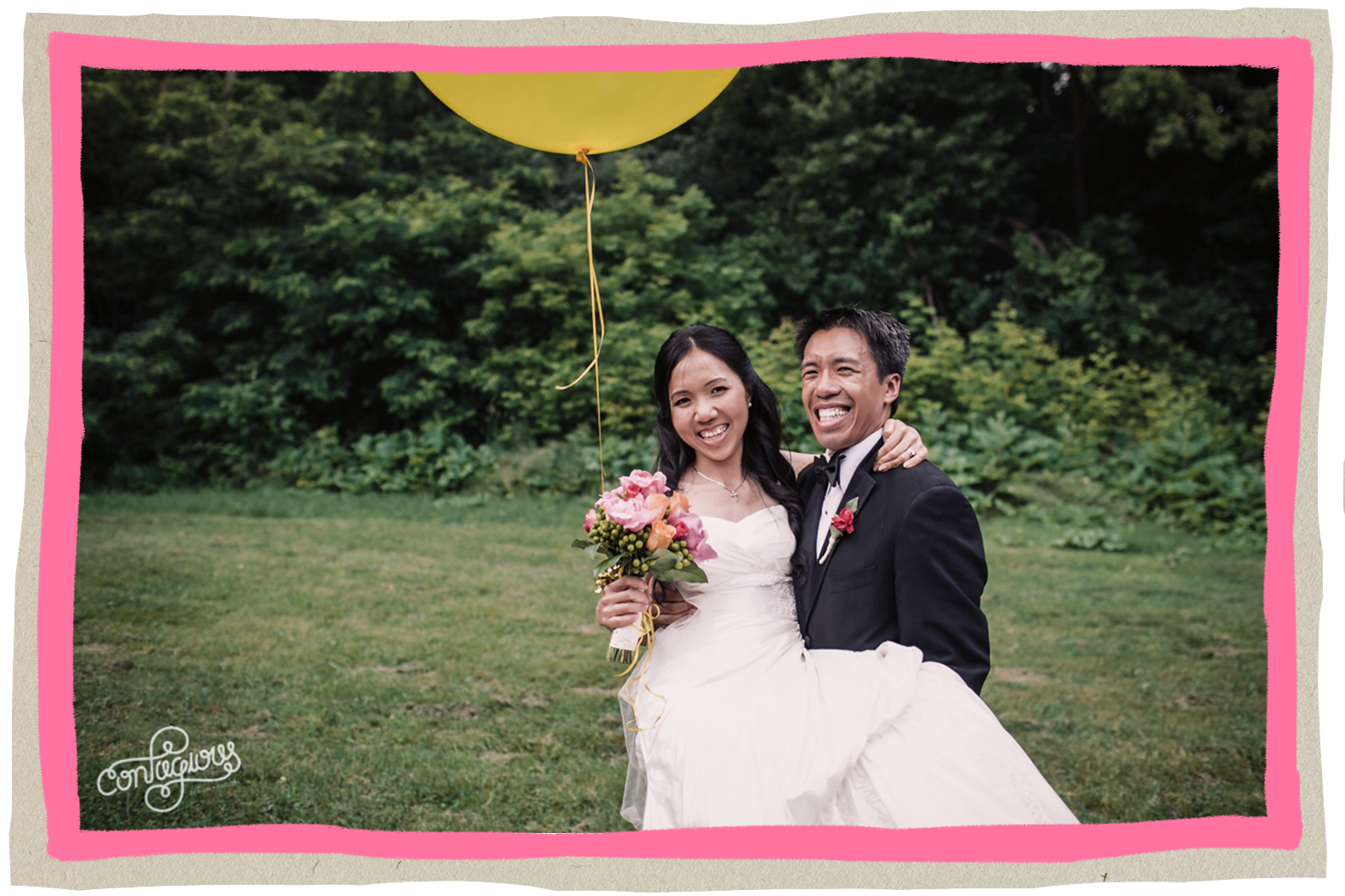
Cliff: I often see young men struggle with having the courage to have difficult conversations, especially if it requires one to be vulnerable.
To avoid heartbreak and disappointment, I’d like to encourage young men to take the first move to bravely initiate “that uncomfortable conversation” to ask your partner about her expectations for the proposal and wedding.
Initiating such conversations might be uncomfortable, but open communication is the key to a strong marriage for a lifetime. Why not start practising early?
It’s not the picturesque milestones that make for a great marriage, as much as the depth of marriage that makes for a picturesque life together.
If the proposal flops, initiate the reconciliation. As a guy, I don’t like to talk about emotions, especially when it comes to disappointment and hurts. I just want to move on or ignore them.
But if my goal is to have a marriage that is long lasting, I have to confront the little conflicts before they become so big and hurtful that things become irreconcilable.
Start your relationship on the right foundation by initiating healthy conversations courageously.
2. Compassion
WJ: One of the most common things I hear from young women about their emotional responses in conflicts is: “I wish I didn’t feel that way. I feel so ashamed of my disappointment.”
The truth is — we cannot control our feelings. The most compassionate thing to do is to own up to our emotions and accept them.
A quote by psychiatrist Viktor Frankl left a deep impression on me:
“Between stimulus and response there is a space. In that space is our power to choose our response. In our response lies our growth and our freedom.”
Instead of exploding in tears and then battling intense shame for feeling disappointed, I learnt that I could perhaps have chosen to first compassionately, non-judgmentally accept my disappointment, then choose my response to share how I felt in a way that wasn’t reactive, shaming or blaming towards Cliff.
This would have been most compassionate — to both myself and Cliff.
In the heat of the moment, this is excruciatingly hard. But I promise, that with time, it gets easier!
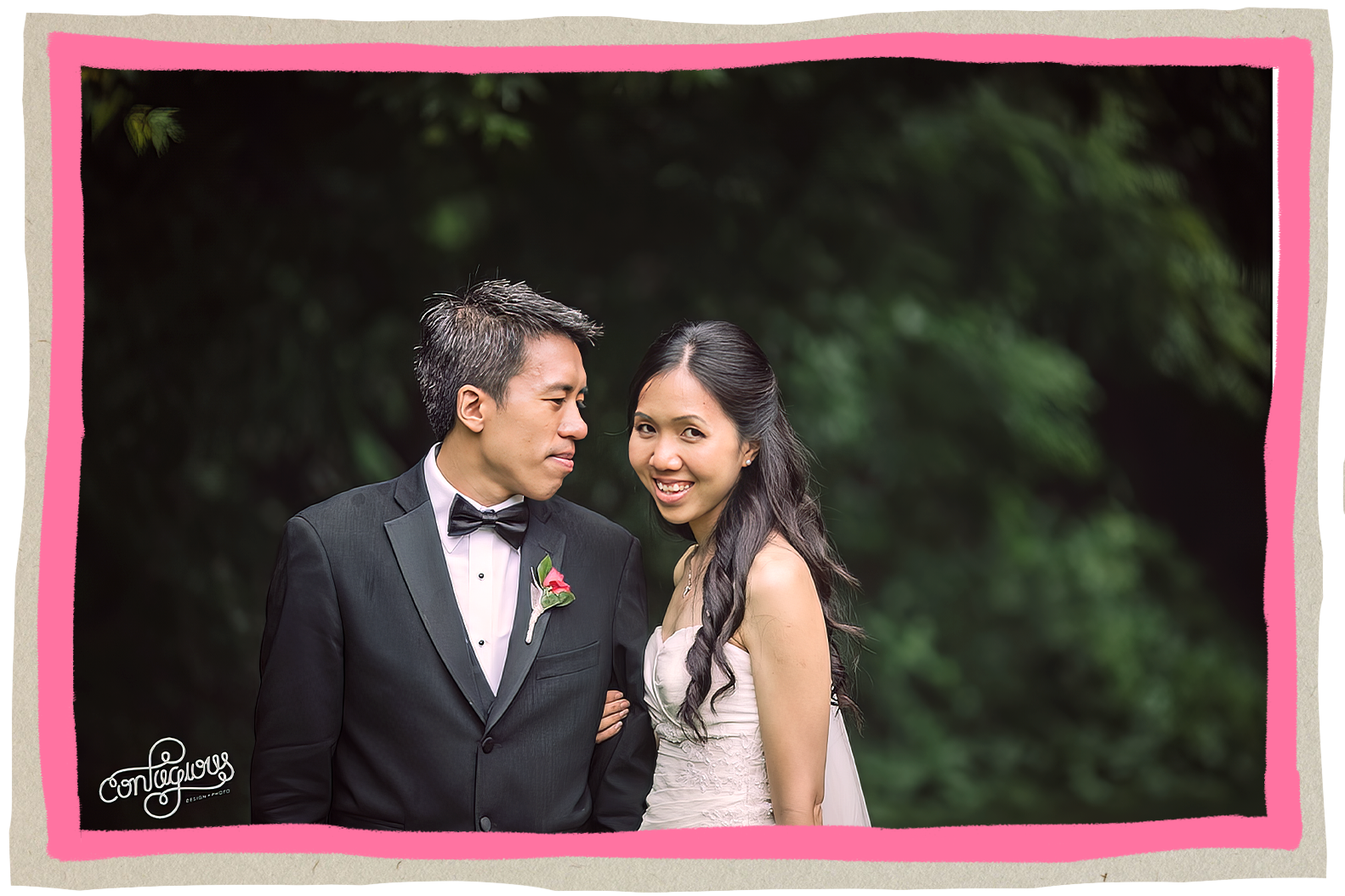
Cliff: In a relationship, it’s very easy to explode during conflicts.
After all, when you’re madly in love, feelings run high! I joke with Wai Jia, that every time we fight, it’s because we love each other too much — and to a great extent, it’s true!
So, over the years, I think learning compassion for your partner is really important.
When I saw that Wai Jia had certain expectations because of her family upbringing, personality and was struggling with a sense of comparison because her peers in medicine had some really extravagant proposals, I learnt that I could put myself in her shoes, instead of feeling so crushed.
Even though I was really upset at the time, I could forgive her when I saw the situation through eyes of compassion. Accept your emotions with self-compassion, and see your partner’s reaction through lenses of compassion too.
3. Connection
WJ: Something that’s really important in trying to manage each other’s expectations is being committed to connect. At times, when both parties are trying to express how they feel, things can escalate easily.
One phrase that has worked really well for us to help us stay connected through hard conversations is “when you do this, the story that plays out in my mind is…”.
So in this context, had I the skills back then, I could have said: “Cliff, thank you for your proposal. I’m really struggling with how I’m feeling, which is disappointment, because the story that plays out in my mind is that because you didn’t buy a ring, you must not love me enough. I know that’s not true, but I’m struggling with my feelings right now.”
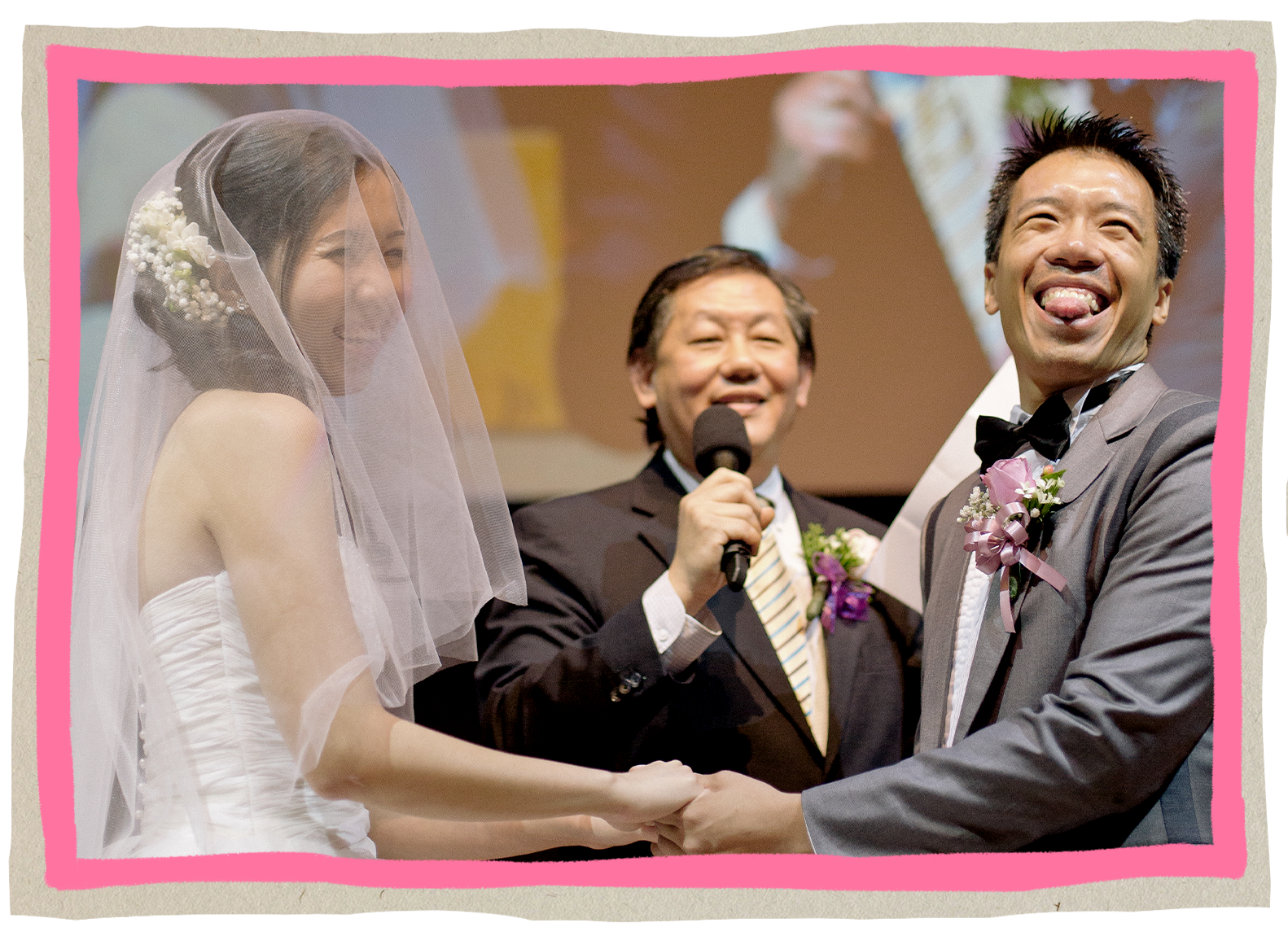
Cliff: Like many men, I’d rather disconnect than express how I feel. I guess this is the way we deal with hurt. Many of us suppress it or ignore our emotions.
In Ephesians 5:25-33, Paul gave instructions to the husbands to love their wives.
In Greek, there are four words to describe different types of love. Agape is the type of self-sacrificing love from God when Jesus died on the cross for us.
In these passages, Paul is telling husbands to love (agape) their wives as God loves them.
I learnt to lay my own needs down to ensure Wai Jia feels loved.
This means that even if I don’t want to connect with my wife in these conversations, I will do so sacrificially because that is what my wife needs. This is agape love in action. It is not about what I want.
It would be easy for me to tell Wai Jia I love her because I did this or that. Instead, I learnt to lay my own needs down to ensure Wai Jia feels loved. This involves connecting with her in these conversations, even when I don’t want to.
It isn’t easy. But it wasn’t easy for Jesus to die on the cross for us either.
I admit I’m awful at dealing with conflicts and emotions. My natural tendency is to blow up when she is upset and tell her not to be upset.
Over the years, I learnt to respond positively by being curious and in a non-judgmental manner, and ask: “I can see that you’re very disappointed. Can you tell me more?”
This is so hard because it’s not what I grew up learning. But it’s necessary for me to put these skills in action if I say I love (agape) my wife.
There are times our conflicts are so heated that one of us needs to ask for a time-out. But even then, we would agree to reconnect once both parties have cooled off.
Choose to connect with each other, instead of shutting down emotionally.
4. Commitment
WJ: When I saw Cliff’s commitment in spite of the conflict we had, I knew he was a keeper.
At the end of the day, no matter how difficult communicating one’s expectations to each other might be, what matters most in the end is the commitment to love and commit to the other person.
Even though I might have felt he ruined an event of a lifetime, I learnt that it’s the marriage after that, and the progress in our journey of communication, that matters more.
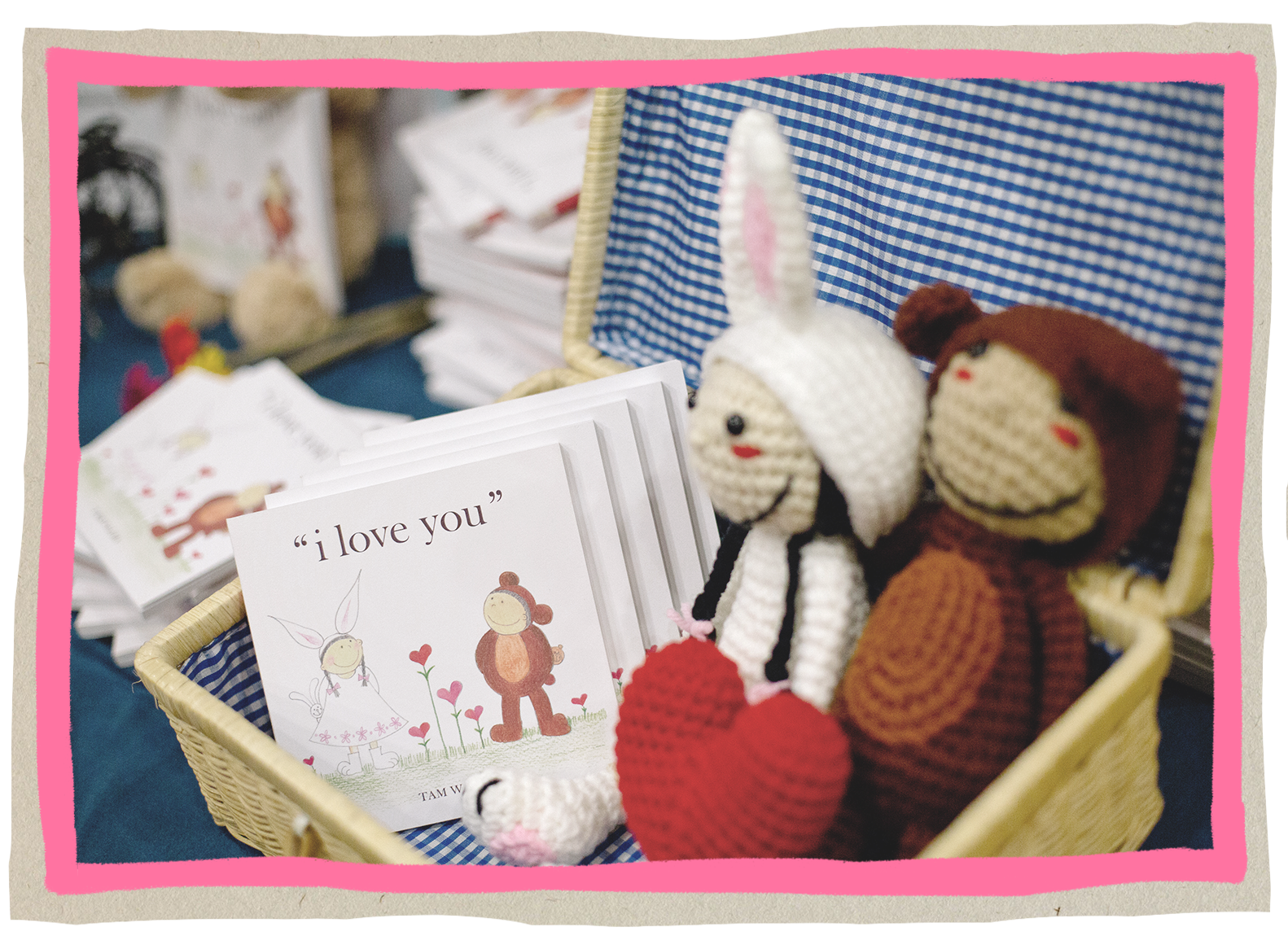
Cliff: Just because God brought us together, it doesn’t mean the marriage will be smooth sailing.
If love is just a feeling, it’s shallow. Love is messy and at times painful. It is saying, “no matter how much I am hurt by you, I am still going to stick through this”.
If both of you are committed to a lifelong journey together, it can be worked out.
What counts most
The funny thing is — even with our love story that went viral, even with how God showed up and brought two unlikely strangers 10,000 miles apart together, our proposal really, REALLY sucked.
But the fact is — 10 years later, that moment doesn’t matter anymore. What matters is the moment-by-moment acts of service day in, day out that keep a marriage going.
At the end of the day, it’s not the picturesque milestones that make for a great marriage, as much as the depth of marriage that makes for a picturesque life together.

WJ: Ironically, years later when Cliff saved up more, he custom-made me a sapphire ring. But I couldn’t wear it, or any ring for that matter, because of my sensitive skin!
I felt God smile at me, with a wink saying: “What really matters, my dear?”
Cliff: The bottom line? What we want or expect from our partners often isn’t what matters most in a solid marriage.
No one ever attributes a long-lasting marriage to the perfect proposal or wedding. Yet, most of us will spend more time preparing for these events than really investing the time to build a solid marriage.
The answer to avoiding a disaster proposal isn’t spending more, but journeying together to love and honour each other as best as we can, in spite of our weaknesses.
Together, let’s focus on what counts!

Want to hear more from Cliff and Wai Jia on relationships? We’re doing an Instagram Live with the couple!
💗Are dating apps a good way to meet someone?
💘How can I pursue the guy/girl I’m interested in?
💕Is it okay if the one I’m dating is less spiritual?
💔What are the red flags in a relationship?
Come chat with Cliff and Wai Jia, who are celebrating 10 years of marriage this month. Send us your questions or what you’d like them to talk about.
See you at our Instagram Live on October 20 (Thursday) at 8.30pm!
- What expectations do you have of your partner? Are they realistic and reasonable?
- What are the things that matter to both of you? What will it take to focus on that?
- Which of the 4Cs can you put into practise?








